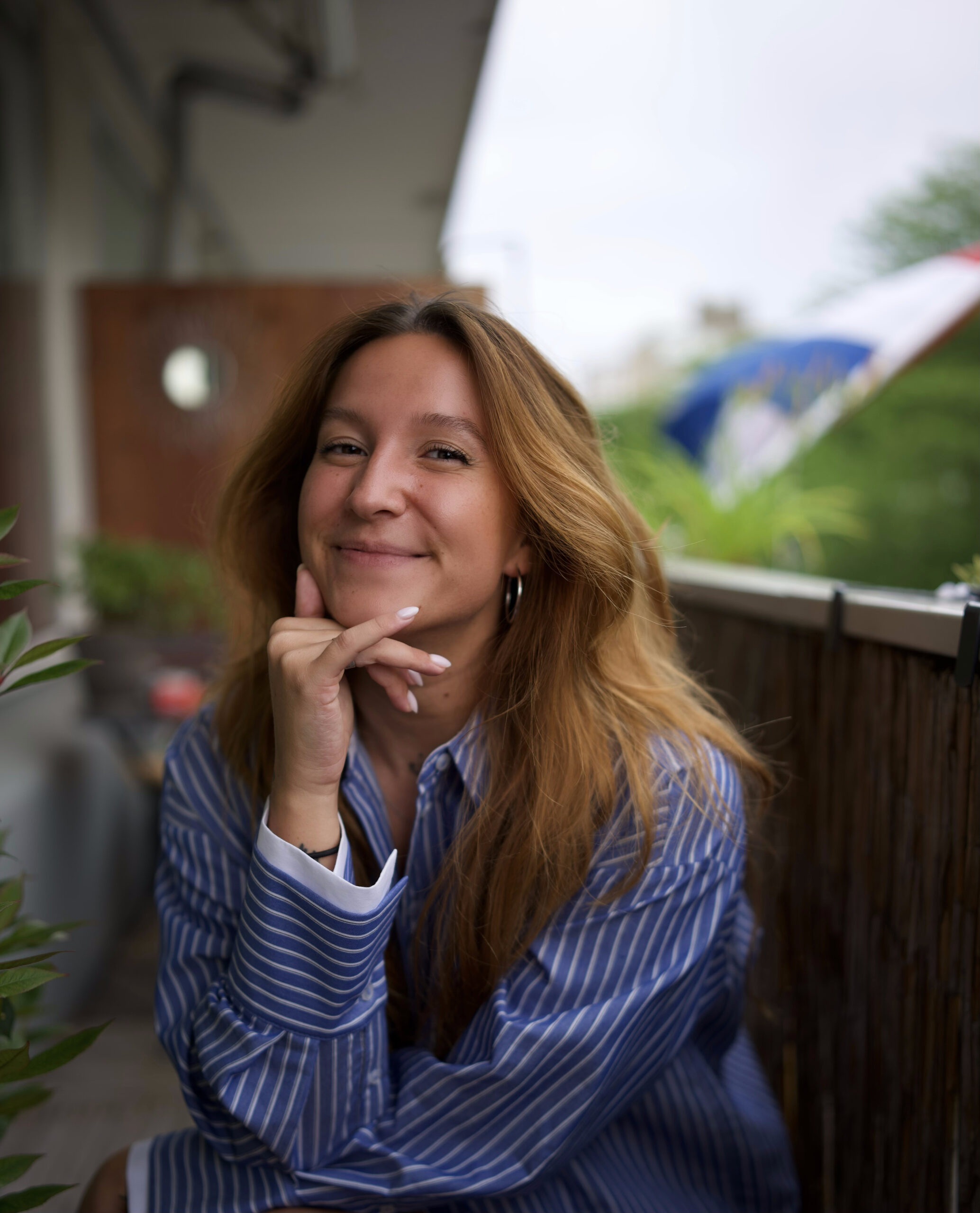November 5-7th
The 2025 conference of the Dutch Association of the Study of Religion (NGG) focuses on the nexus of imagination and religion. This includes explorations of the creative power of the imagination and its expression via multiple media as well as the normative framework of social imaginaries. A focus on the imagination offers productive starting points to explore a number of longstanding, yet still pressing issues relating to religion in past and present-day plural societies.
A first issue concerns imaginations of community and the place that religions have therein. How does religion relate to shifts in broader social imaginaries, for instance to the master narrative of secularisation that lies at the centre of how modern societies define themselves? Which imaginations underpin current drives towards polarisation, as well as possibilities of shaping new imaginaries that seek to transcend divisions, and what might the role of religion therein be? How can various notions of imagination and social imaginaries be used as a lens to explore divides between private and public spheres as well as between multiple societal groups, in the Netherlands, Europe and globally? These questions are all the more urgent as delineations of belonging and imaginations of self and others intensify in contemporary polarised societies.
Secondly, asking about the relation between imagination and religion also conjures up dimensions of control and freedom. Imagination is often associated with creative freedom of the individual. At the same time, the imagination is predicated on complex interactions between individual, culture and mediatized expressions of the imagination. Without mediation, it would be impossible for shared imaginations to occur. External images trigger internal ones, and vice versa. Tellingly, the Walt Disney corporation calls the work it does ‘imagineering’, a portmanteau of engineering and imagination. The success of Disney calls into mind questions about control: can the imagination be engineered? Which role do religious traditions play in tuning the imagination and shaping imaginaries? And, how do various media forms shape what we imagine religion to be? How do creative practices from the domain of artistic work/creative industries, yielding games, play and interactive media, tap into and impact on religious sensations, emotions and ideas?
This implies that scholars of religion (should) have a special expertise in developing critical understandings of how the imagination is mobilised to harness the unseen and make it (appear) real. Therefore, a third challenge is to renew our toolbox to critically investigate the world-making capacities of imaginations and the ways in which the real and imaginary are mutually constitutive forces. Of special interest here are questions concerning the conditions under which imaginaries fuel dynamics of world-making, including highly normative distinctions between what is considered true and false, right and wrong, beautiful and repulsive. This allows fresh takes on scholarly and societal debates about such varied topics as conspiracy theories, post-factual politics, affective imagery of scapegoats and heroes, as well as the capacity of offensive imagery to polarise.
Thinking through the nexus of religion and imagination requires a transhistorical, transregional and transdisciplinary approach. With this conference we therefore invite scholars of religion but also artistic, religious and societal practitioners to reflect on the creative potential, affordances and pitfalls of the imagination. This conference invites reflection on themes including but certainly not limited to: dynamics of the imagination of social life and the role of religion therein; imaginations of self and other; re-imaginations of religious figures, tropes and objects against the backdrop of societal upheaval; imaginations of utopia and apocalypse; capacity of charismatic leadership and mediatized personalities to capture the imagination of audiences; imaginations of horror and bliss, as well as other connections between religion and imagination.
Call for papers and more information will follow here, stay tuned!

